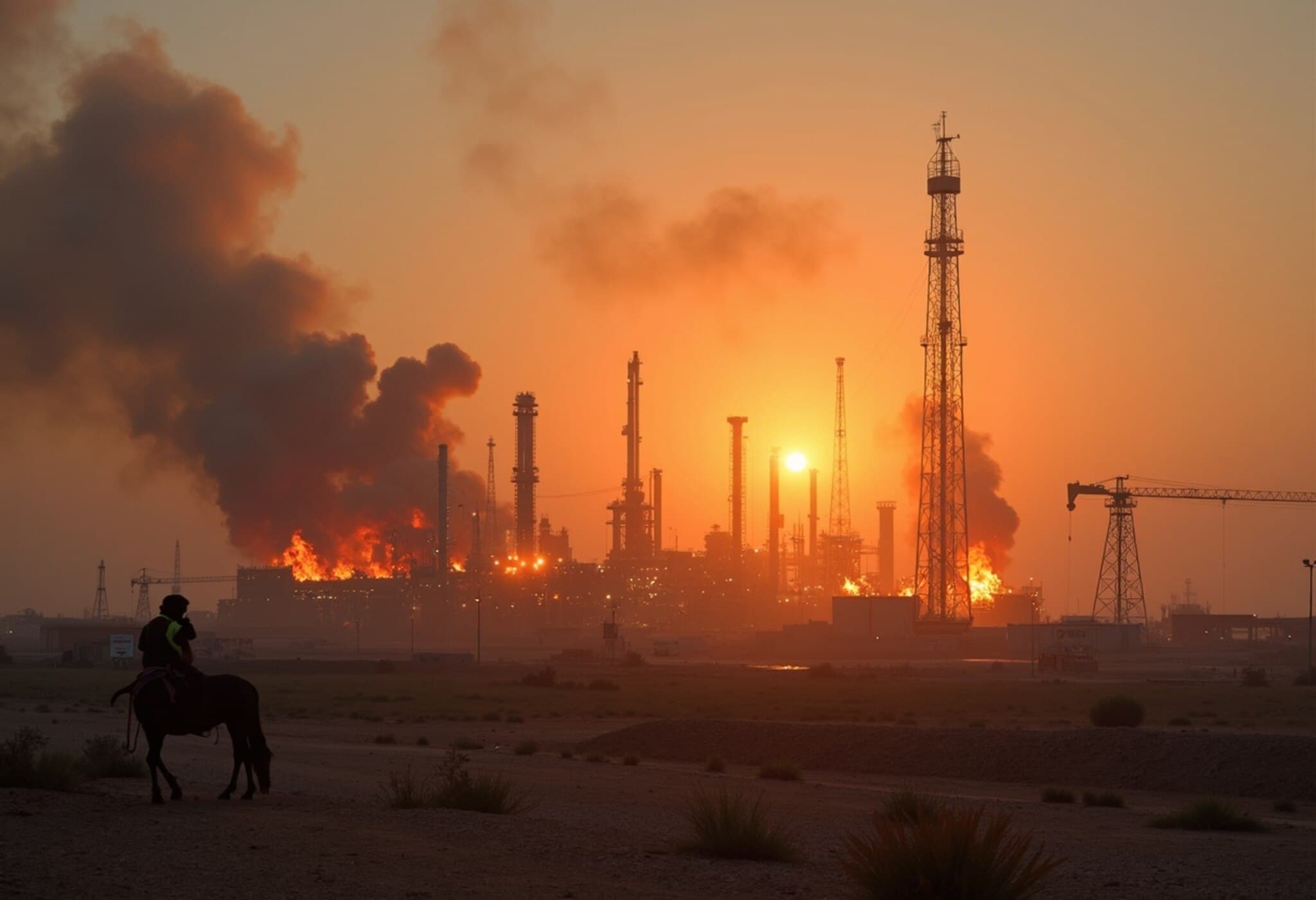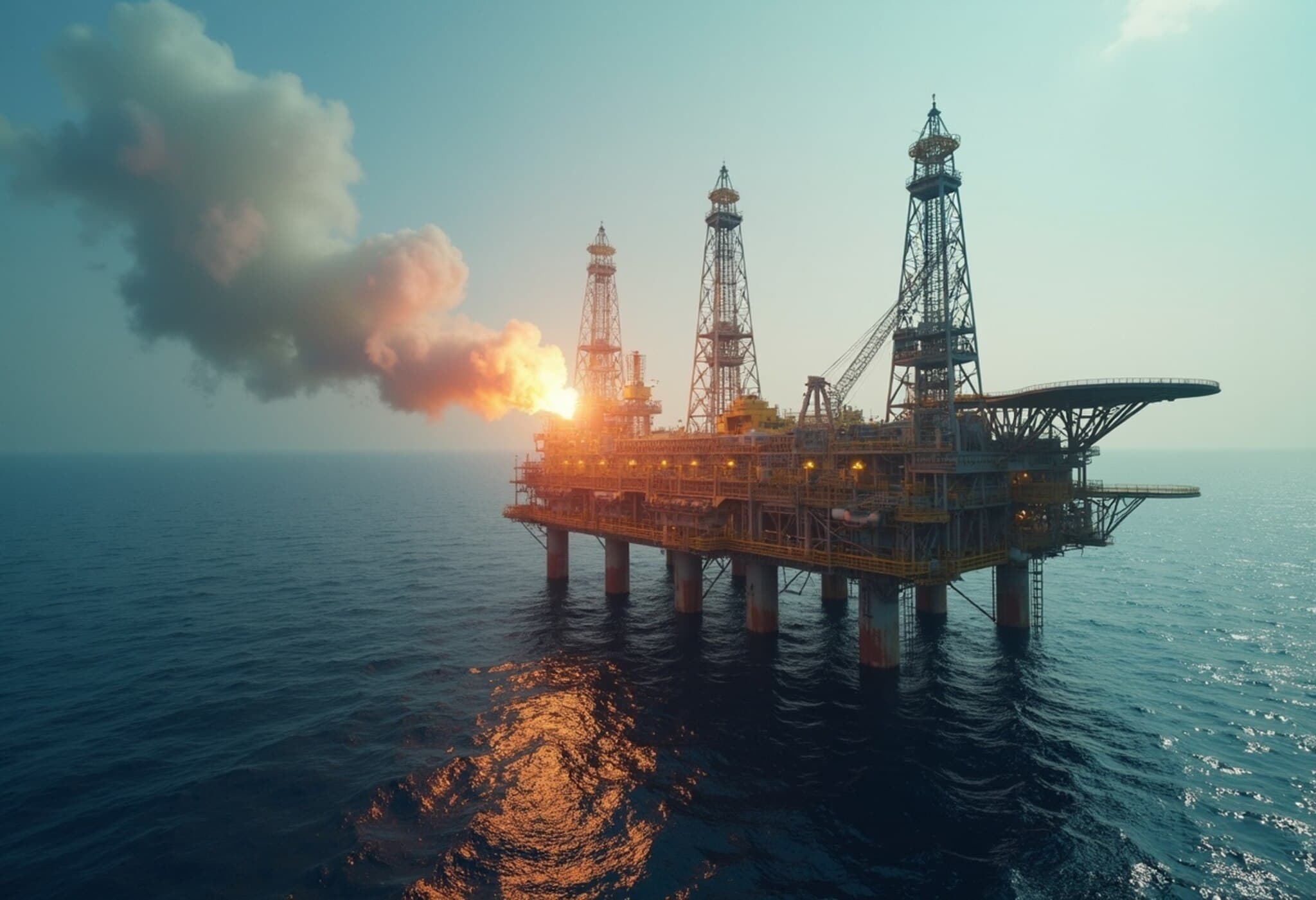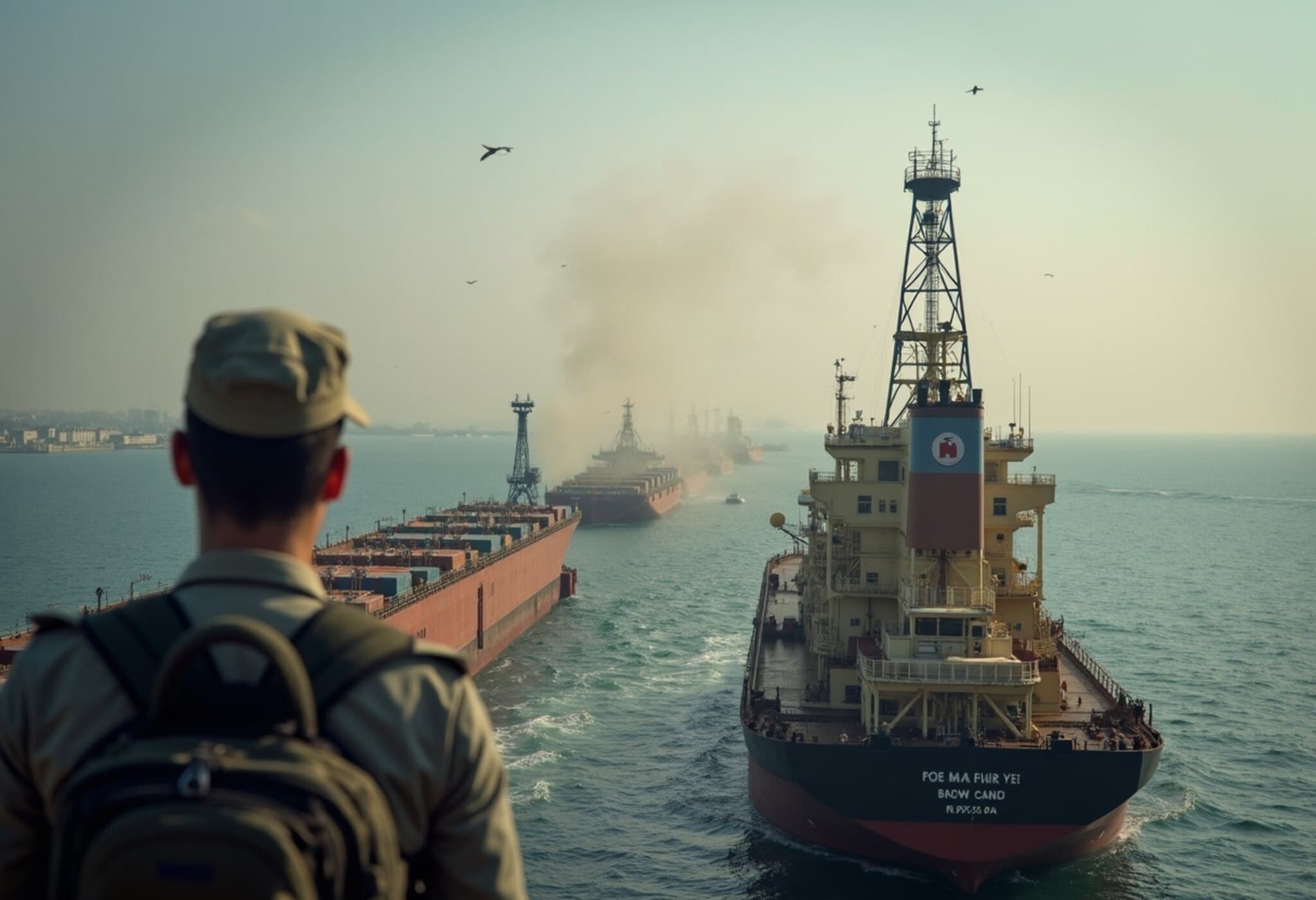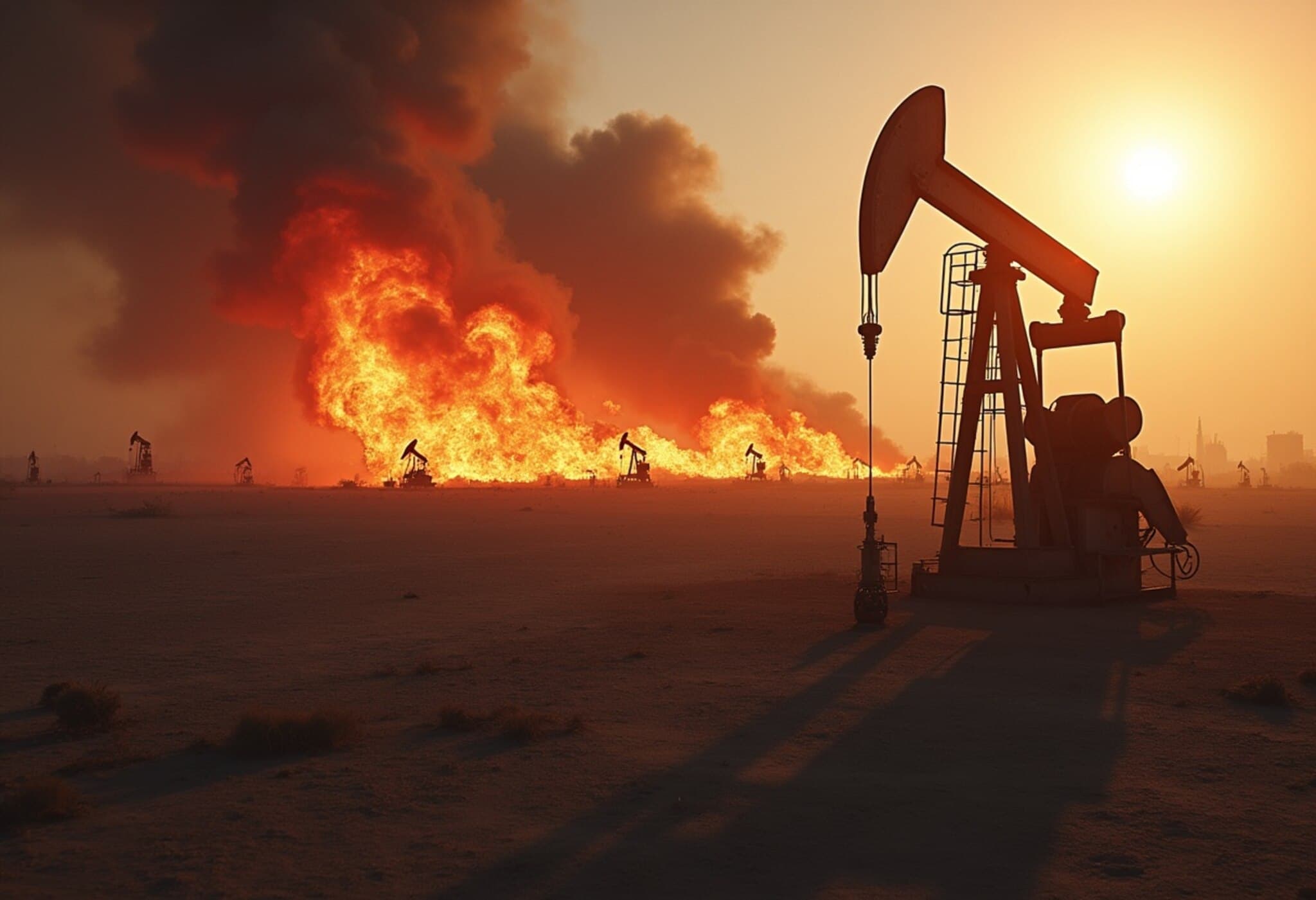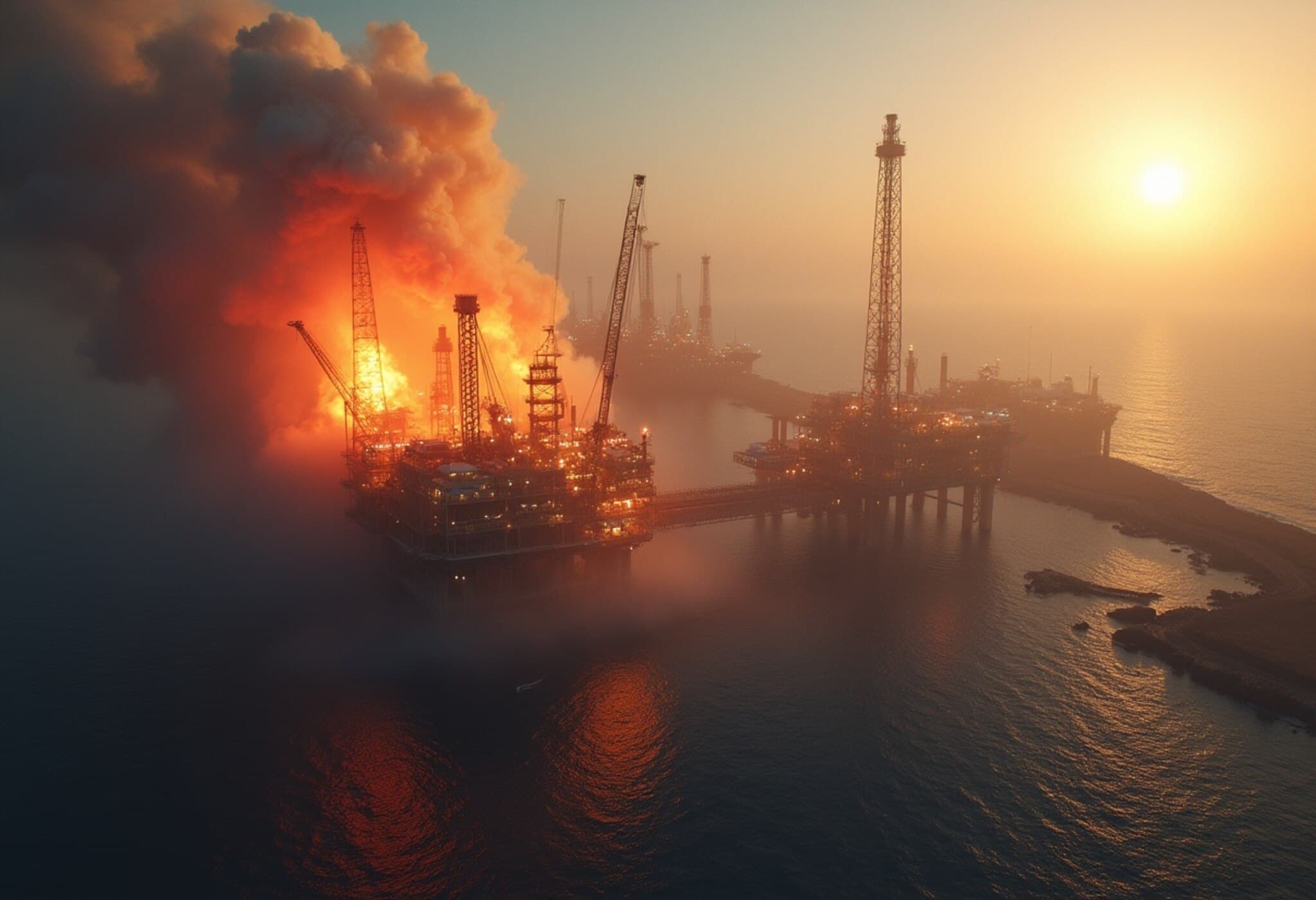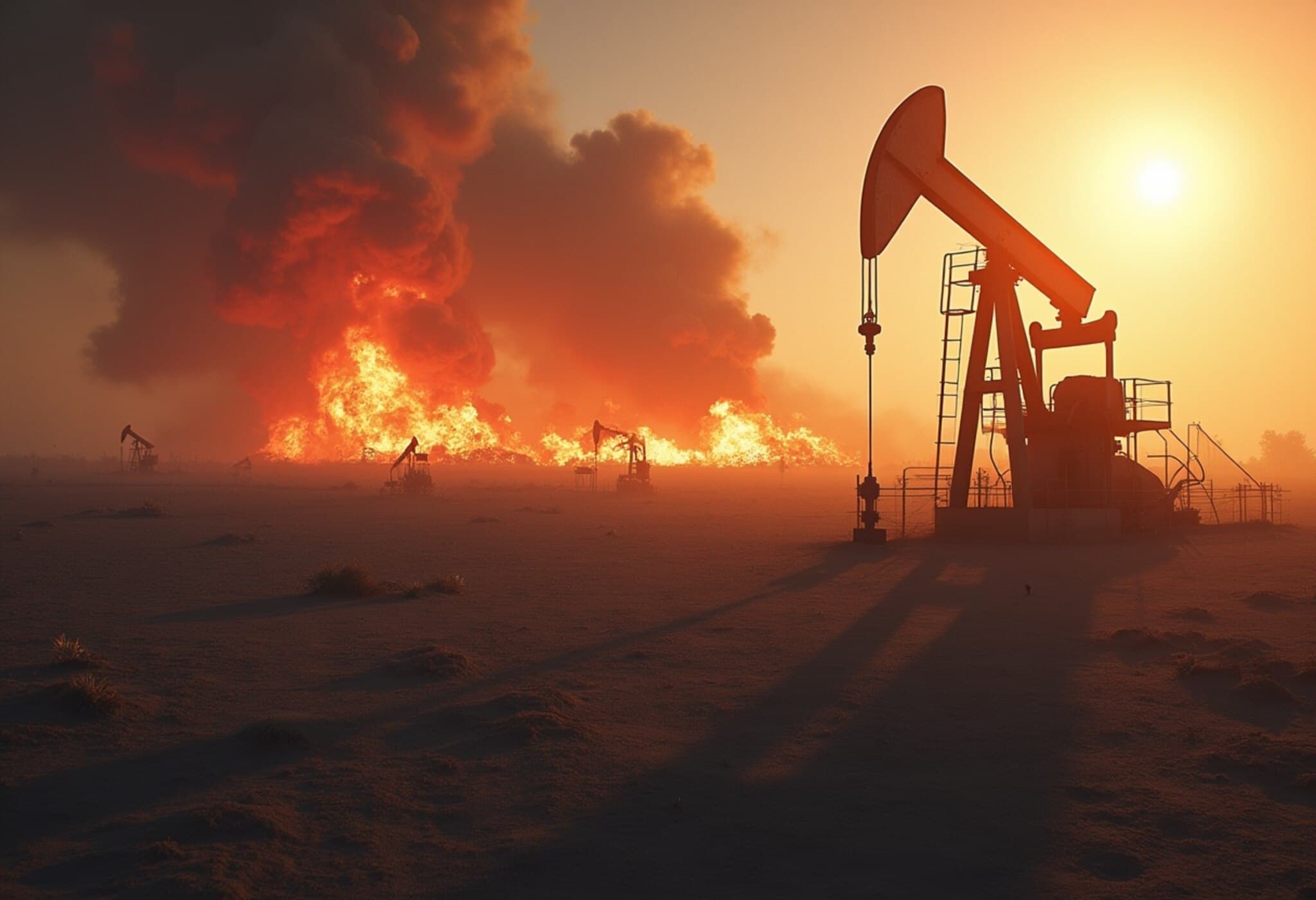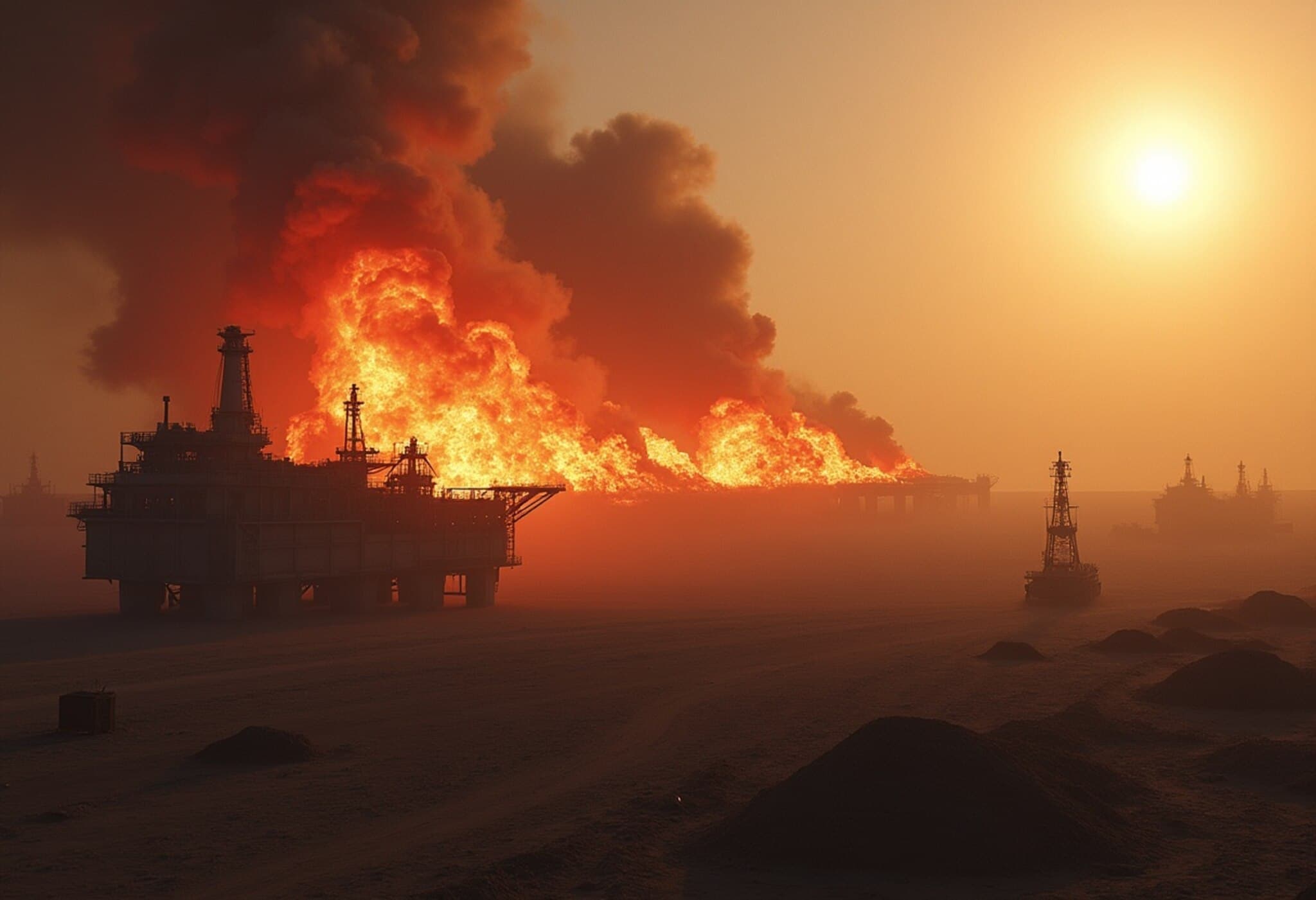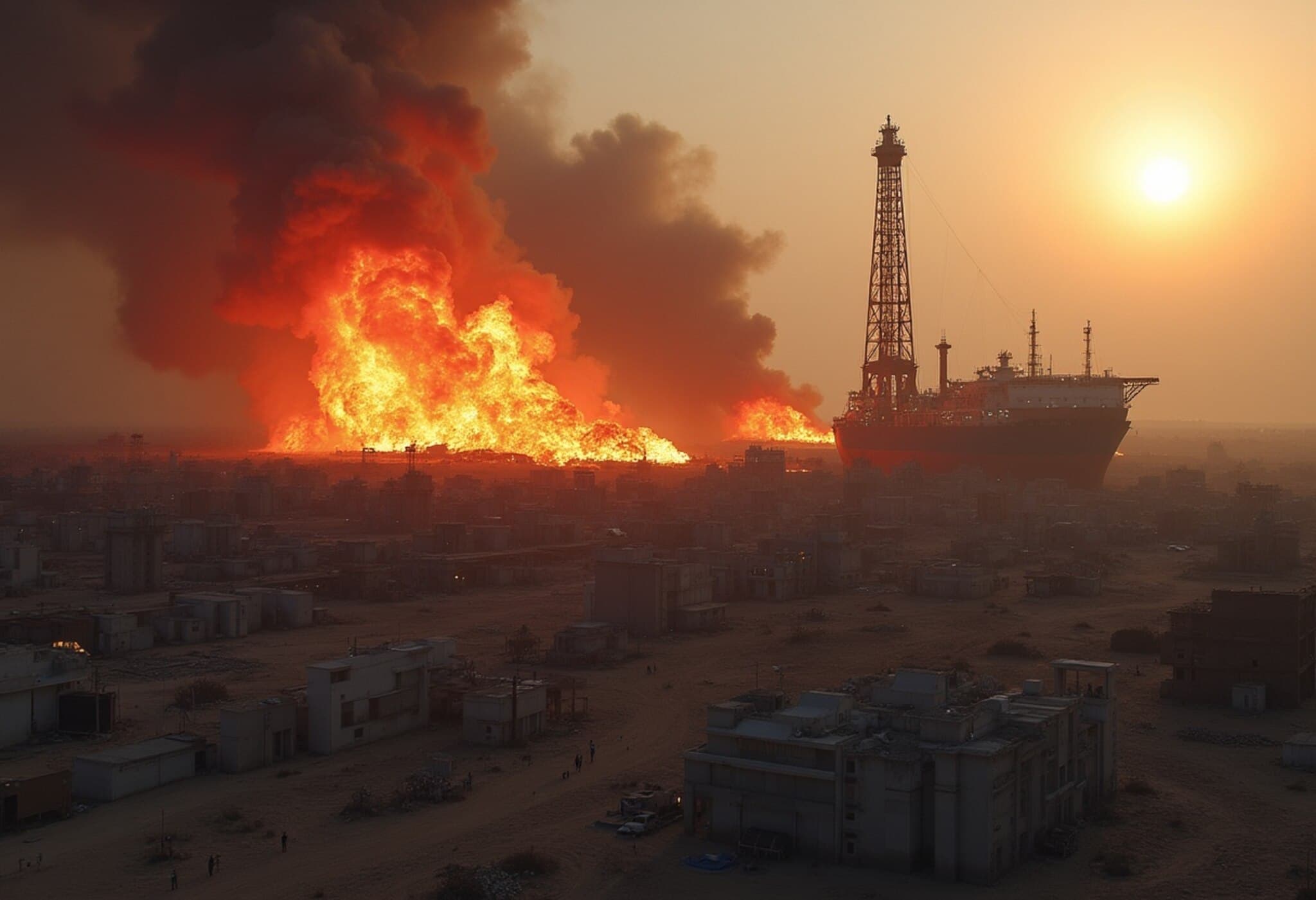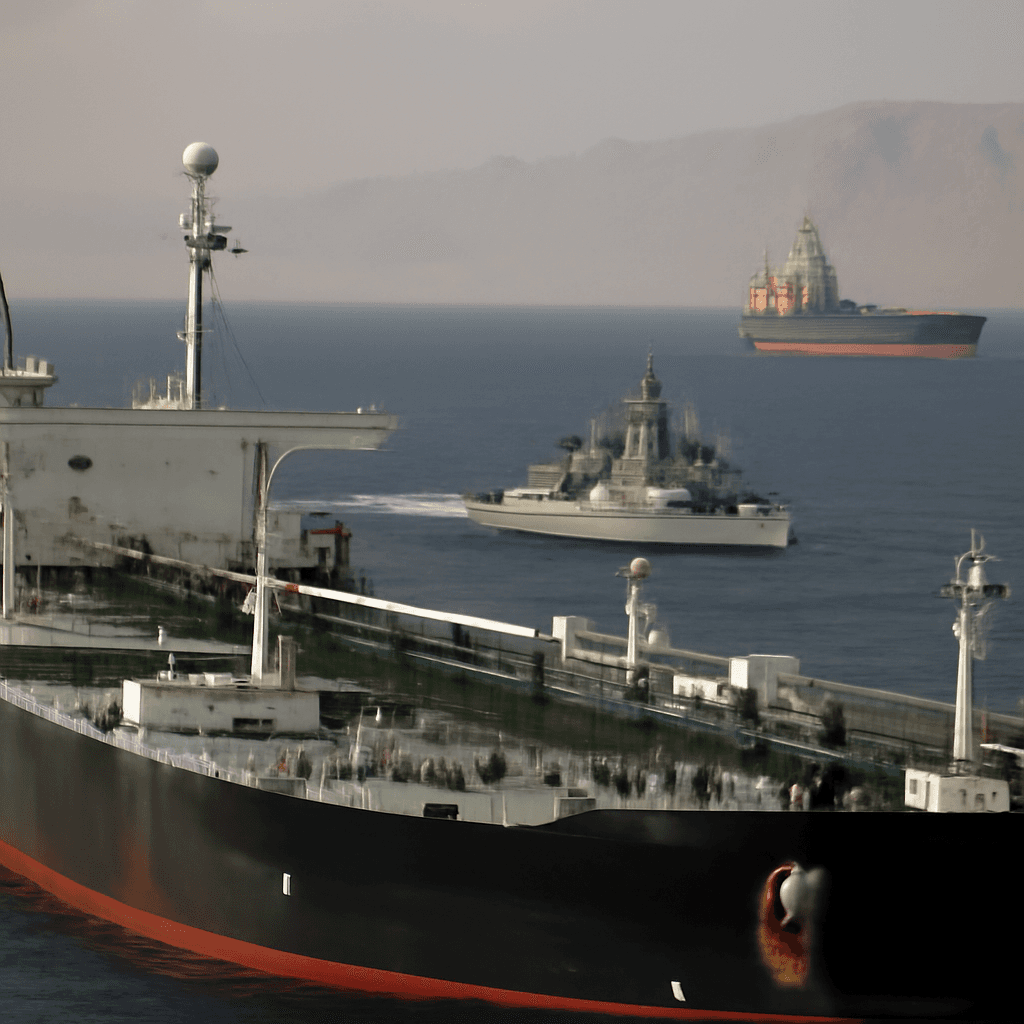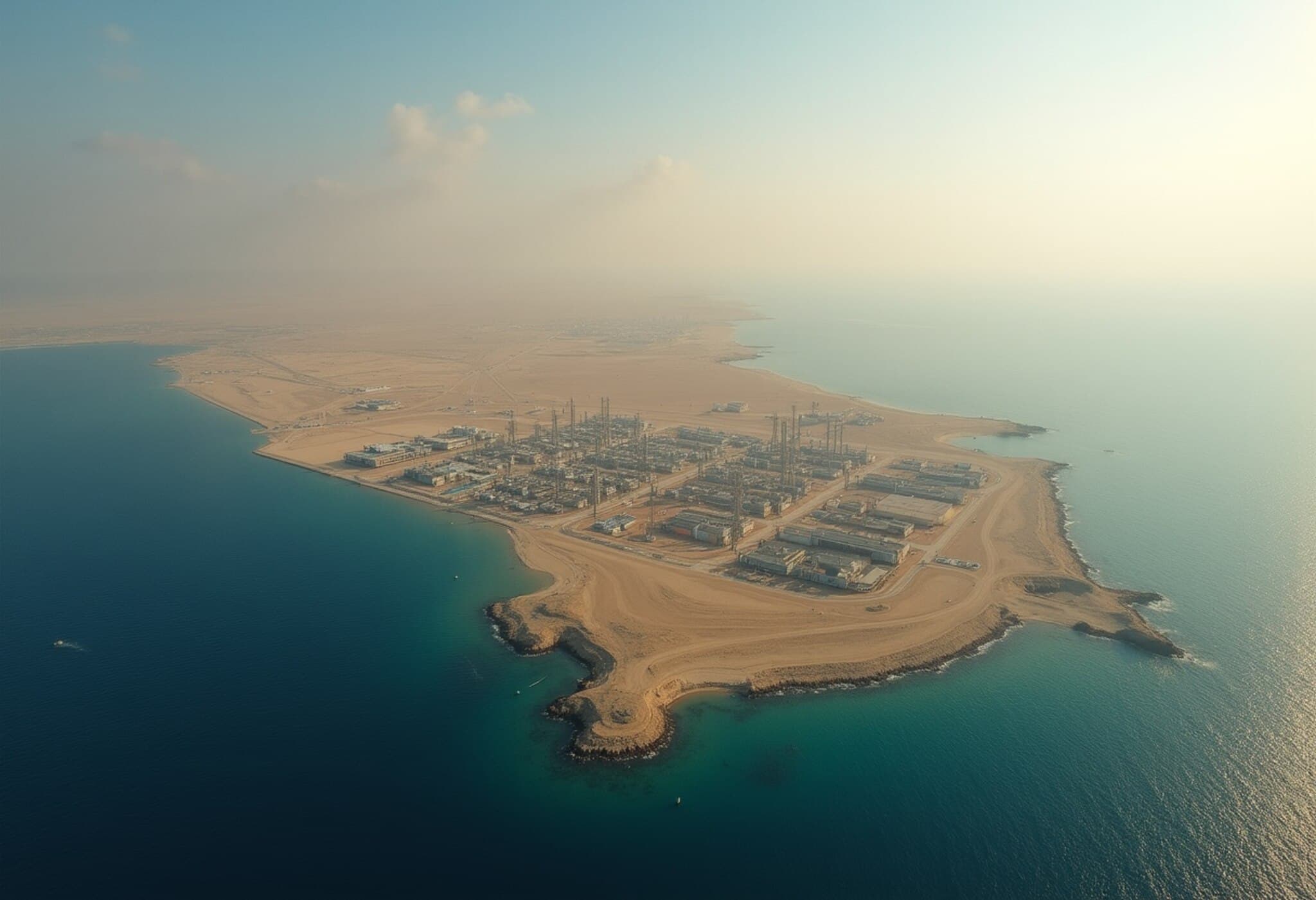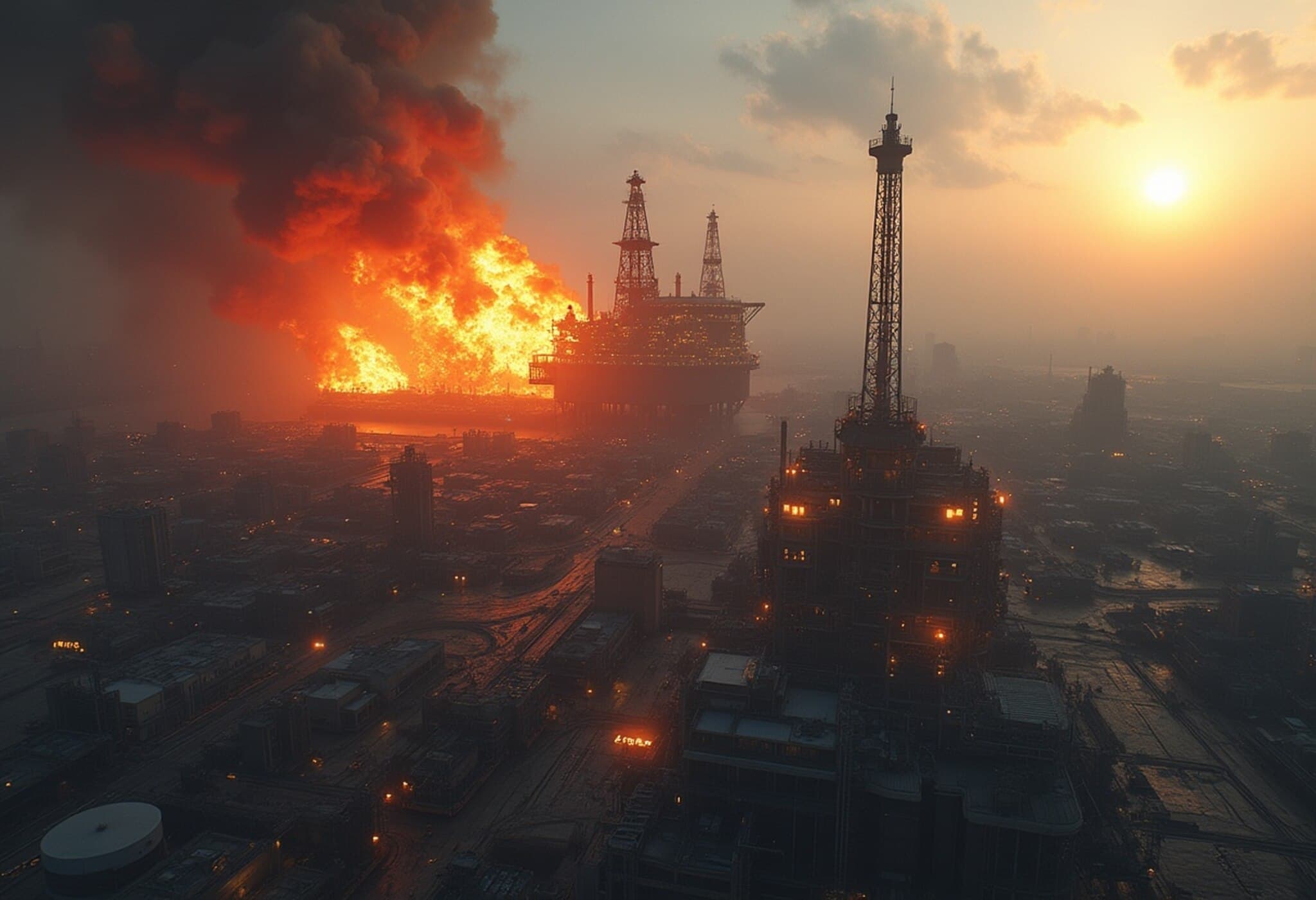Strait of Hormuz: The World's Vital Energy Artery Under Scrutiny
Recent military tensions have sparked concerns that Iran might retaliate against Israeli actions by targeting the Strait of Hormuz, a crucial passageway for global oil shipments. This narrow waterway, linking the Persian Gulf to the Arabian Sea, handles nearly one-fifth of the world's oil exports, making any interference potentially devastating to global energy markets.
Why a Complete Closure Seems Unlikely
Despite fears, industry experts largely agree that physically blocking the Strait is improbable. The channel's width—spanning approximately 35 to 60 miles—and the fact that a significant portion lies within Omani, not Iranian, territorial waters, complicate any attempt to enforce a total shutdown.
Ellen Wald, co-founder of a prominent energy advisory group, notes that Iran gains little from obstructing oil flow since its infrastructure remains untouched. Moreover, such aggressive action could provoke harsh retaliations and severe geopolitical backlash.
Economic Consequences Could Backfire on Iran
Any disruption would likely result in soaring oil prices, but this could harm Iran’s primary oil purchaser, China, more than its adversaries. China, a major consumer responsible for a significant share of Persian Gulf oil imports, has little interest in seeing the flow interrupted or prices spike dangerously high.
"Their friends will suffer more than their enemies," commented an energy market analyst, underscoring why Iran would hesitate to antagonize vital trade partners.
The Strategic and Political Context
Iran previously threatened to close the Strait during heightened tensions in 2011, 2012, and notably in 2018 following the US withdrawal from the nuclear deal. However, such warnings remained largely rhetorical, never materializing into action.
Experts point out that closing the Strait would be a "last resort," possibly triggered only by direct military conflict involving the US. Meanwhile, the US Fifth Fleet’s presence in Bahrain serves as a strategic deterrent against sustained attempts to block this artery.
Alternative Routes and Tactical Considerations
Despite its strategic importance, the Strait is navigable through international waters controlled by Oman and the UAE, allowing for some limited rerouting of maritime traffic. Still, Iran could deploy tactics like attacking tankers or deploying naval mines to disrupt shipping temporarily.
Market Reactions and the Path Forward
Following Israeli airstrikes targeting Iranian-linked facilities, crude oil prices responded sharply. Global benchmark futures climbed over 6%, reflecting market unease about potential supply interruptions.
While the closing of the Strait remains a remote scenario, escalating hostilities have forced analysts and traders to consider even this extreme outcome, however unlikely it may seem.
In Summary
- The Strait of Hormuz is essential for global oil exports, transmitting nearly 20% of the world's supply.
- Physical closure by Iran is widely regarded as unfeasible due to geography and international presence.
- Economic self-interest and the risk of retaliation discourage Iran from blocking the waterway.
- China’s dependency on the Strait complicates any move that would spike oil prices globally.
- Current geopolitical tensions keep the possibility on the table, but it remains a highly unlikely last-resort measure.


